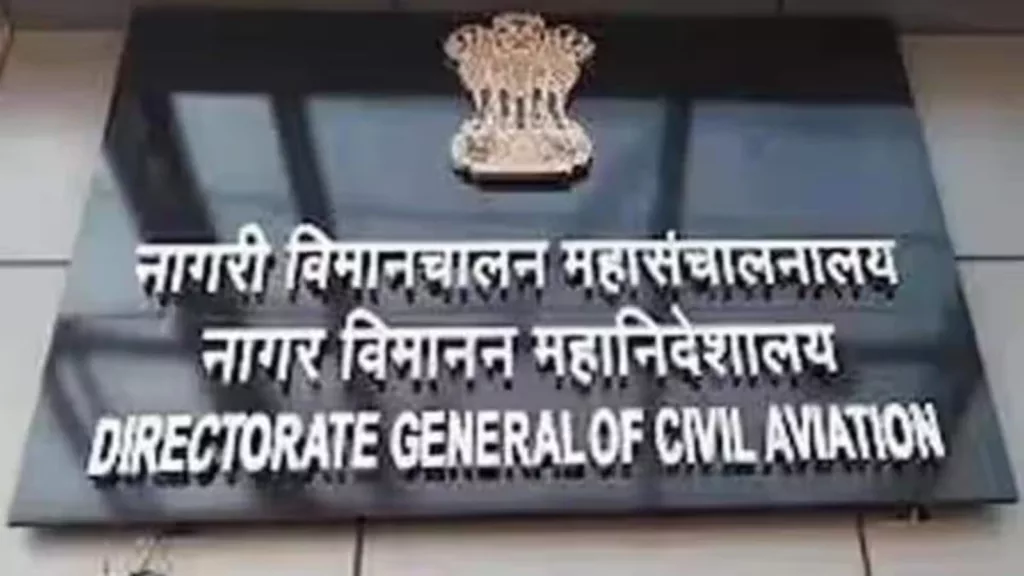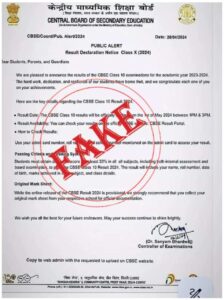Aircraft As Bribes : DGCA Director Dismissed Over Corruption Charges

DGCA suspends its director due to corruption charges
On Wednesday, Captain Anil Gill, the director of the Directorate General of Civil Aviation (DGCA), was suspended by the organization due to corruption allegations. The allegations were brought to the attention of both the DGCA and the Ministry of Aviation through anonymous emails.
As per the information provided, Captain Gill allegedly abused his authority by accepting three aircraft as a bribe from flying schools. In exchange, he leased the planes to various schools for a rental fee of Rs.90 lakh each.
The ministry has stated that malpractices will not be tolerated and will be dealt with severely by the law.
According to the directive from the Ministry of Aviation, Gill has been reassigned from the position of director FT to director Aerosports. This decision was made in response to an email accusing him of accepting aircraft as bribes and other associated matters. The suspension of Captain Anil Gill, the DGCA director, occurred shortly after the aviation regulator requested the ministry to transfer the corruption investigation involving Gill to the Central Bureau of Investigations (CBI) and the Enforcement Directorate (ED).
As per the information received, Gill has been accused in an email of accepting three aircraft as a bribe from flying schools. The email claims that Gill coerced Skynex Aeroflight Solutions, a DGCA-approved FTO, to send him to the Czech Republic for training on Piper PA-28 Aircraft, even though it was unnecessary for his position.
According to officials, Gill has been accused in an email of receiving commission in Forex while facilitating business relations between his benami company, Sabres Corporate Solutions, and the aircraft manufacturer, Bristell Aircraft. The email also mentioned that the deal was intended to directly supply aircraft to FTO (Skynex). The concerns raised in the second email could potentially result in actions being taken under the violation of the Foreign Exchange Regulation Act.









